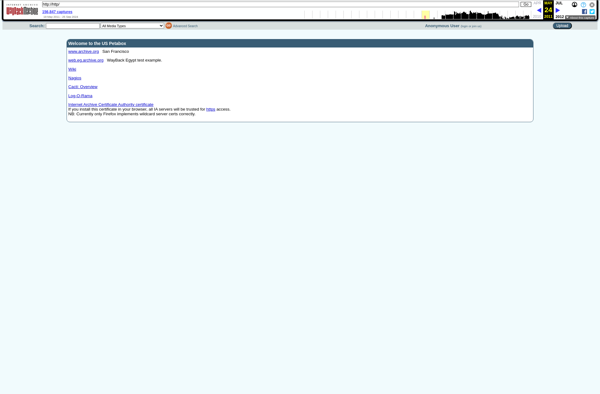Gentoo
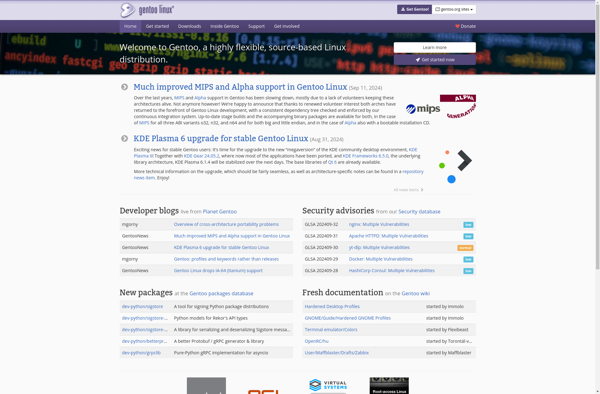
Gentoo: Customizable Source-Built Linux Distribution
Discover Gentoo, a Linux distribution built from source emphasizing customizability and choice, with the Portage package management system for optimized software on your hardware.
What is Gentoo?
Gentoo is a versatile and fast Linux distribution that is built specifically for each machine it is installed on. It aims to provide a great deal of flexibility and customization options by using the Portage package management system to compile software from source code.
Some key features of Gentoo include:
- Performance optimization - Software packages are compiled with the specific CPU architecture in mind, allowing optimization for maximum performance.
- Use-case customization - Users can tweak compiler options to generate binaries targeted for their exact use-case like server, desktop, development, etc.
- Latest software versions - Being a rolling release model, users can always install the latest software versions easily.
- Extensive configuration - Almost all aspects of the system can be configured as per the user's needs.
- Portage package manager - Provides immense flexibility in package management with features like USE flags.
However, the compilation process means package installation takes longer than binary distributions. Gentoo also requires deeper technical knowledge to configure and maintain. But it enables building a Linux system truly tailored for any niche.
Gentoo Features
Features
- Portage package management system allows compiling software from source code
- USE flags for customizing builds of packages
- Supports many architectures including x86, AMD64, ARM, MIPS, PowerPC, SPARC
- Highly customizable - users can tune compiler options, kernel, system services
- Rolling release model provides latest software versions
- Supports installation of binary packages
- Large repository of available software
Pricing
- Open Source
Pros
Cons
Official Links
Reviews & Ratings
Login to ReviewThe Best Gentoo Alternatives
Top Os & Utilities and Linux Distributions and other similar apps like Gentoo
Here are some alternatives to Gentoo:
Suggest an alternative ❐Windows 10
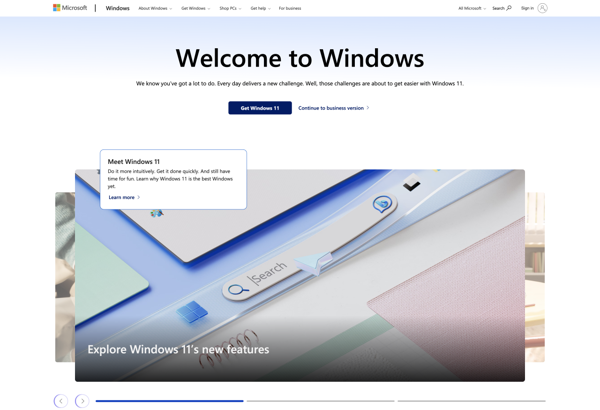
Ubuntu
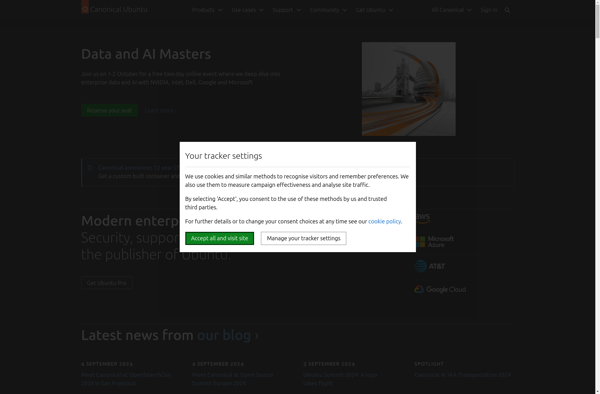
MacOS
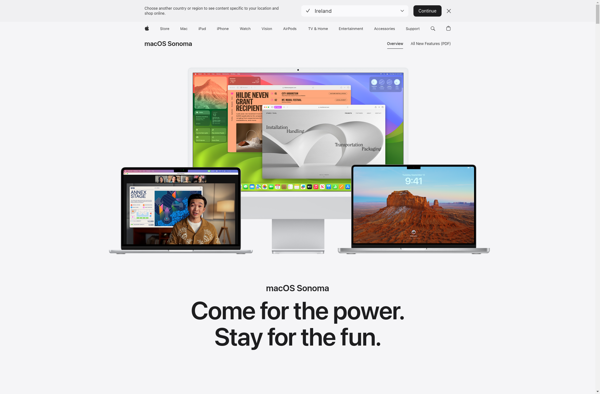
Linux Mint
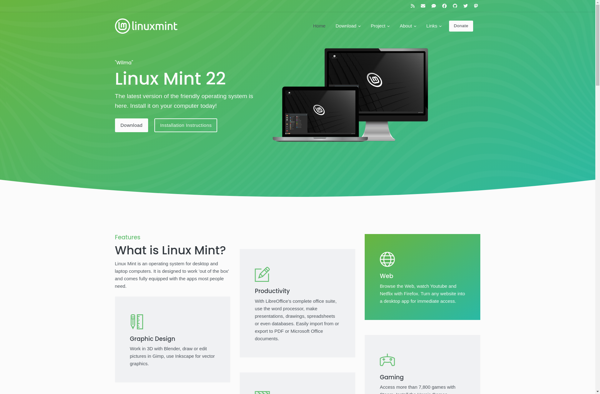
Arch Linux
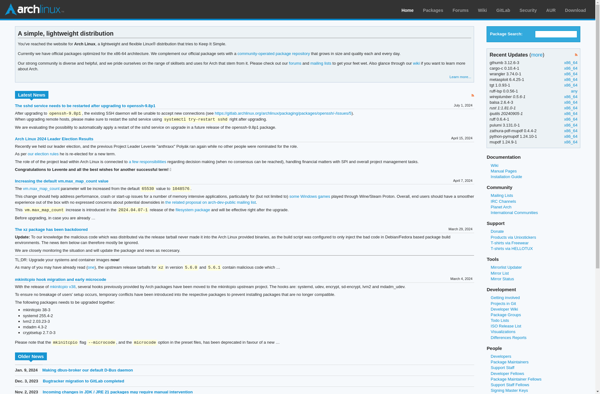
Elementary OS
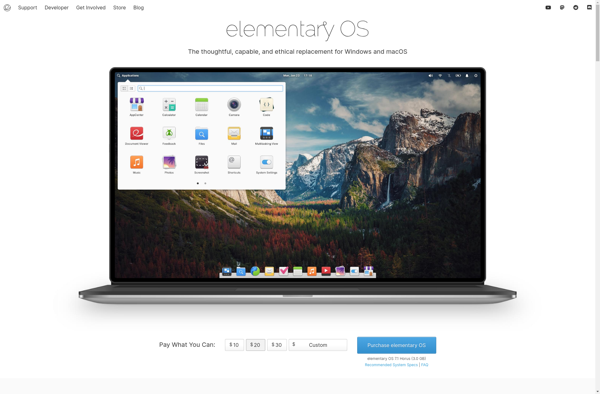
Debian

Fedora
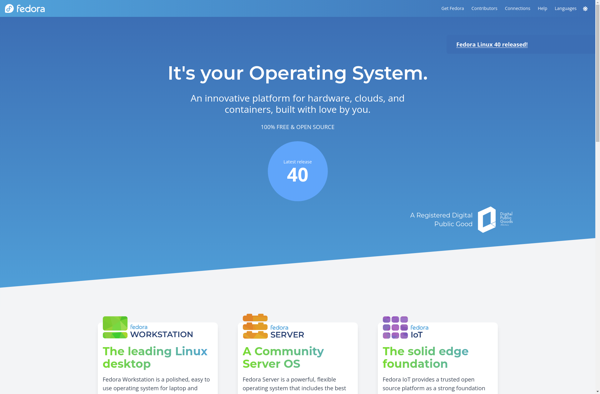
Univention Corporate Server
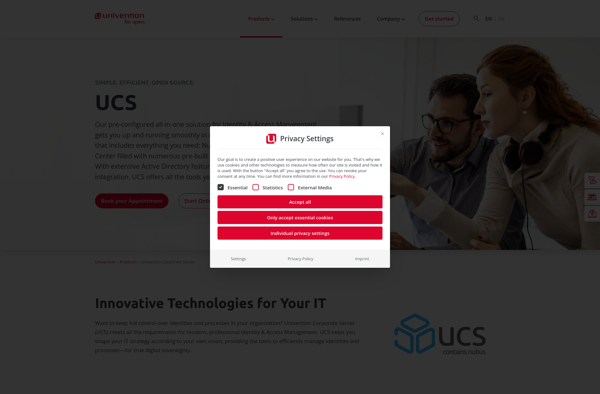
Manjaro Linux

OpenSUSE

Pop!_OS
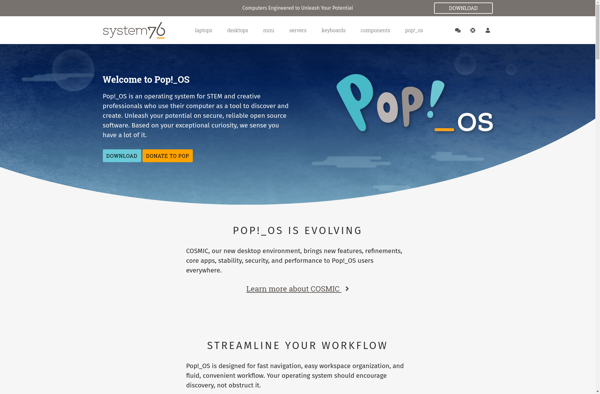
Enso OS
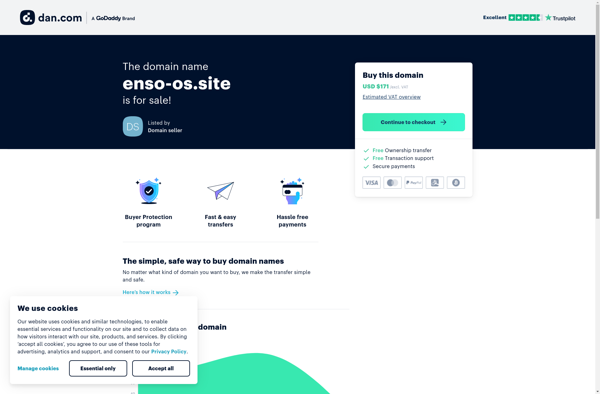
CoreOS
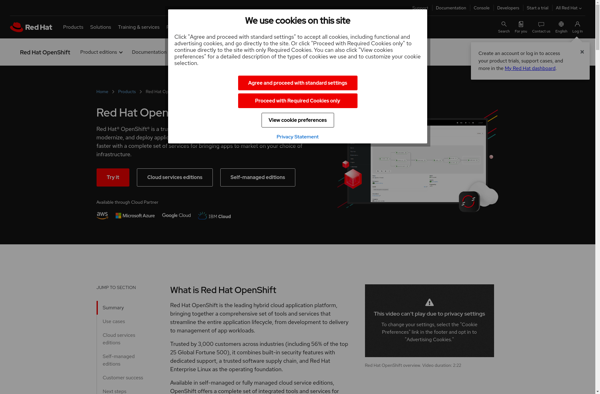
Kubuntu
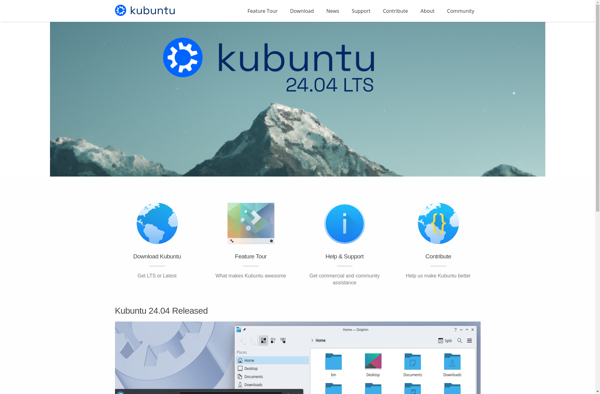
MiniOS
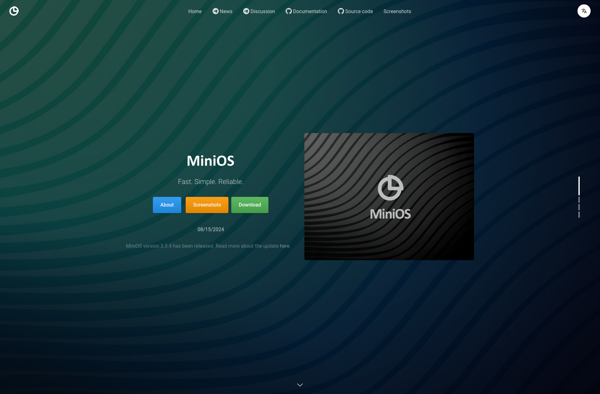
Linux From Scratch
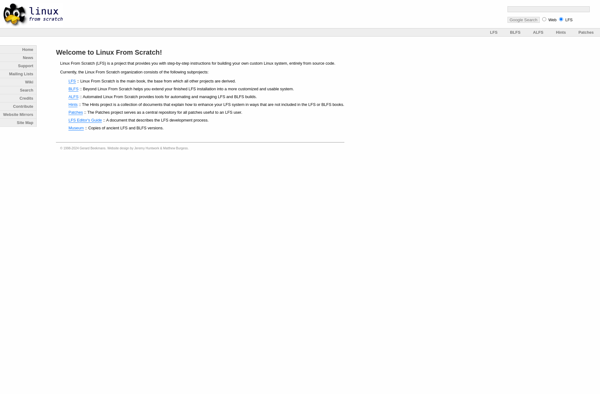
Windows 2000
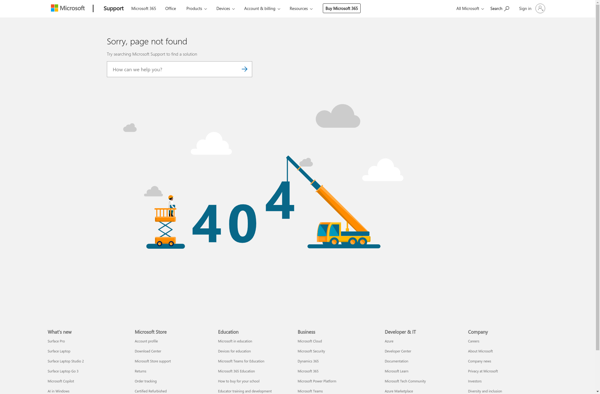
Kahel OS
PearOS
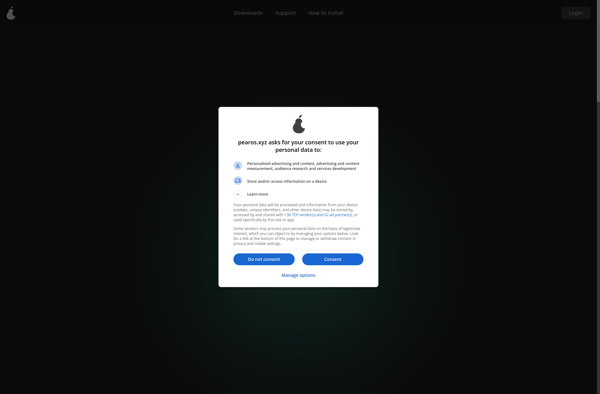
OpenSolaris
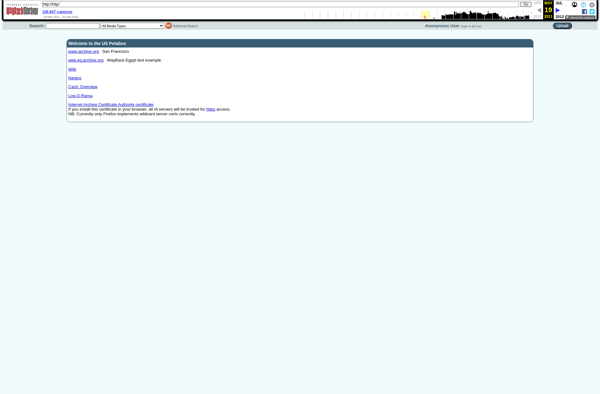
LinuxFX
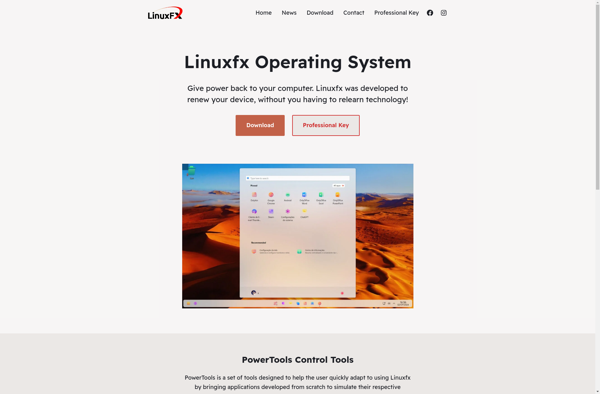
Vector Linux
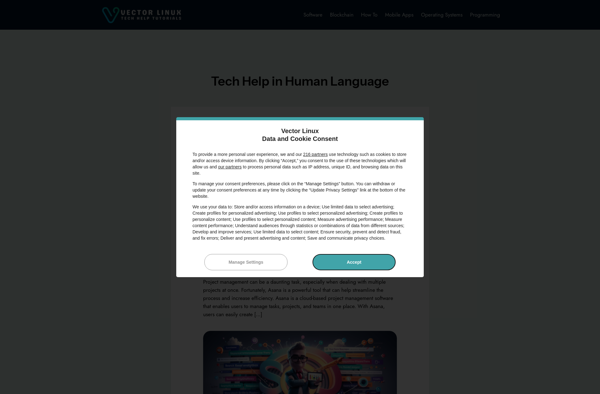
Zenwalk Linux
Sabayon
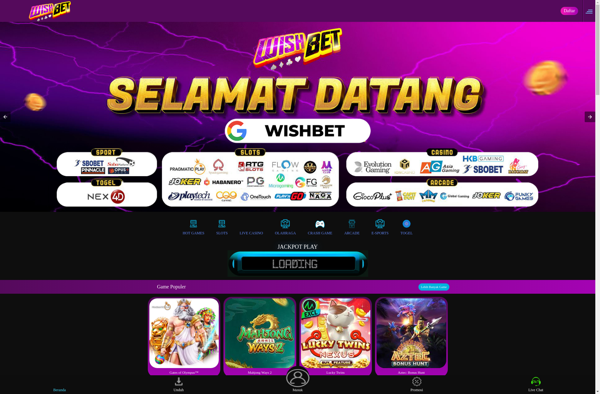
LuksOS Grape
Windows Millennium Edition
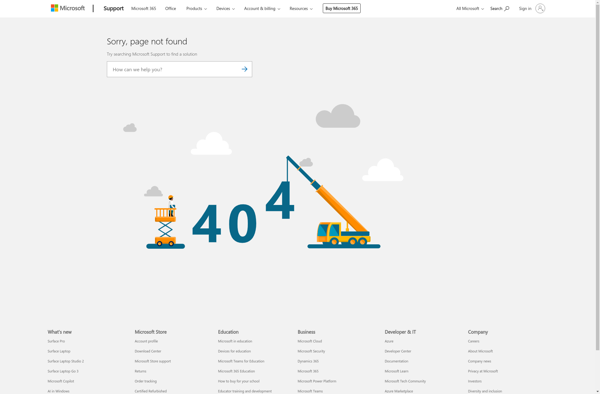
Funtoo Linux
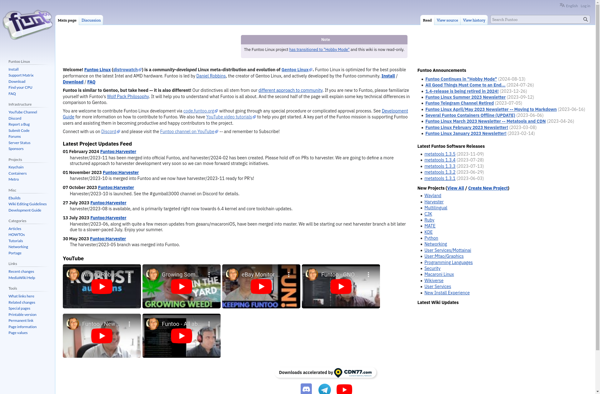
Symphony OS
